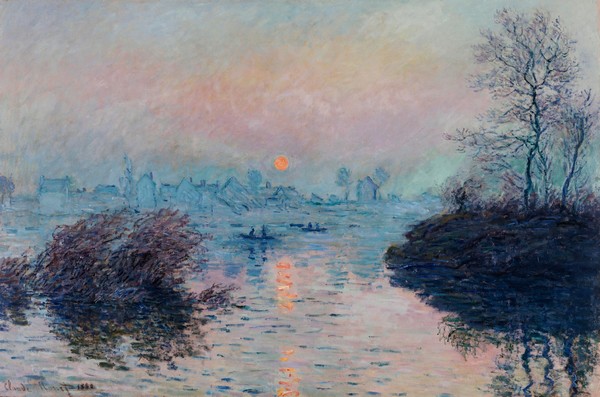
Agathe Backer was born in 1847 in Holmestrand, a small town in the Oslo fjord. She received the accurate musical training that every daughter from a wealthy and cultured family usually received; it was clear eventually that she was talented enough to pursue a career, and her parents accepted it and allowed her to travel to Berlin to study piano and composition; she was in Germany between 1865 and 1867. After returning, she made her debut at her twenty-one in Christiania (as Oslo was then called); it was the premiere in Norway of Beethoven's fifth piano concerto, the “Emperor” and the conductor was a young man with whom she became close friends: Edvard Grieg. In 1871 she made one more journey; this time to Florence, where she was trained in composition by Hans von Bülow, and to Leipzig, where she made her debut at the Gewandhaus; in 1873 he travelled to Weimar, where she studied with Franz Liszt. In 1875 she married a famous piano teacher, Olaus Andreas Grøndahl, and she became Agathe Backer Grøndahl, as we know her nowadays.
Her career as a pianist was impressive; she achieved great international success during a tour that took her first to Paris, at the Exposition Universelle in 1889, and then to different cities in England such as London and Birmingham; George Bernard Shaw would say that Agathe Backer was one of the best pianists of the 19th century. At that time, however, she began to suffer a deafness that would force her to retire from the stage in 1901, six years before her death. During this time, she dedicated more time to composition: she wrote some works for orchestra, some for chorus, but mostly for solo piano and songs. Although her works were regularly published, I wasn't able to find how many songs she composed exactly; some sources speak of 180; others, of 250; some even speak of 400, although I would say that this would be the total of his works, grouped in about seventy opus.
She composed in 1897 Barnets vårdag, Op. 42 [The Spring Day of the Child] and Mor synger, Op. 52 [Mother Sings] in 1900. Both collections included eight songs with poems by Andreas Jynge, a civil servant who became director of the Norwegian railway lines while achieving important recognition as a poet. Johanna Wallroth will sing songs from these two cycles in Vilabertran, and I suggest we hear one of them, Mot Kveld [In the evening], the seventh of Barnets vårdag, a delicate piece of impressionist character. The performers will be Solveig Kringelborn and Gunilla Süssmann.
In addition to the recital by Johanna Wallroth and Malcolm Martineau, this week we review the first concert of the Academy of the Schubertíada, with professor Matthias Goerne; the students and singers of the concert are Mercedes Gancedo and Ferran Albrich, who will present Des Knaben Wunderhorn by Mahler accompanied by Alexander Schmalcz. As always, at the end of the article you will find the songs of these two concerts that we have heard so far.
Solen det sisste Godnat.
Sanktehansormen sin lykte har tennt,
sitter og lyser i krat.
Sommerfugl tat sine duggsokker paa
lagt sig til hvile i klokken den blaa
drømmer saa deilig om solen,
drømmer om duft af fiolen.
(Please follow this link if you need an English translation.)
Monday 22 August: Mercedes Gancedo, Ferran Albrich & Alexander Schmalcz















Comments powered by CComment